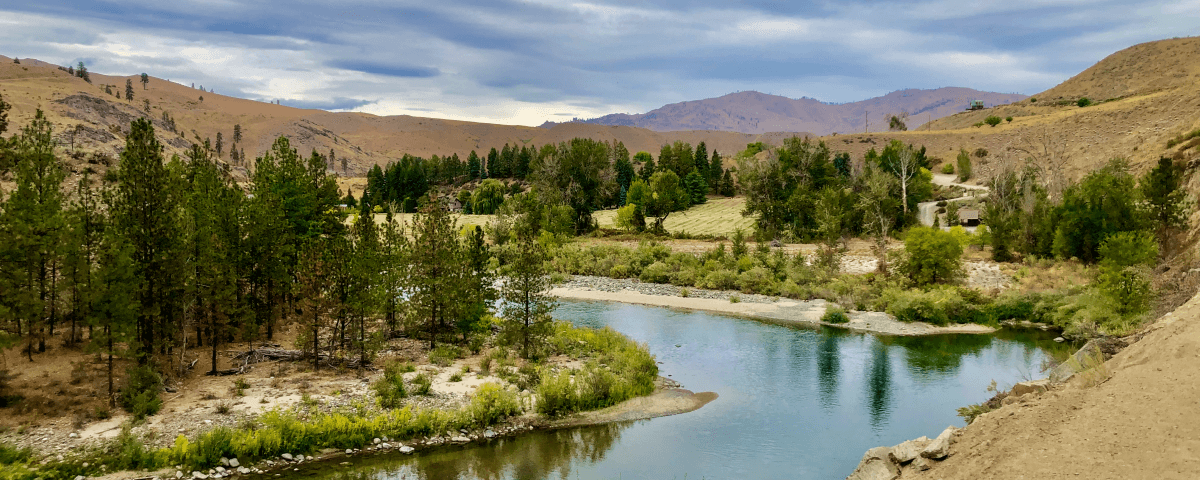What is in the County’s “Water Adequacy Checklist”?
Late last month, the Methow Valley Citizens Council (MVCC) filed a complaint against Okanogan County in Okanogan County Superior Court for violation of the Public Records Act.
The complaint follows a nearly one-year-long series of letter exchanges between Okanogan County, MVCC and Futurewise requesting that the County provide to the public the “Water Adequacy Checklist” it has been using in land use decision-making since February of 2022. Between February and June of 2022 over 71 permit applications were reviewed using the mystery checklist. It is unknown how many applications have been reviewed using the checklist in the last year.
The final letter in the exchange, written by Paul Lawrence of Pacifica Law Group, attorney for MVCC, requests the county’s compliance to avoid filing the complaint. The county’s response indicated no intention of sharing the documents, compelling MVCC to file the complaint. In the County’s response, Okanogan County Planning Director Pete Palmer, claimed that “The Water Adequacy Checklist is an attorney-work product and attorney-client privileged so it will not be released…”.
Nearly 4 months after the initial request, Okanogan County sent a heavily redacted version of the Water Adequacy Checklist, and subsequently heavily redacted batches of checklists for individual permit applications.
Following receipt of the redacted documents, MVCC attempted to reason with the county’s attorneys to provide public access to these important tools being used to make decisions. When the county would not budge and insisted on keeping their decision-making process behind closed doors, MVCC made the difficult decision to take legal action.
“We do not understand how the County maintains that it does not need to disclose to landowners, taxpayers, and the broader public, any more about its decision-making process than what is available in the heavily redacted documents,” said Lorah Super, MVCC Program Director and water policy lead. “In a time of water scarcity and drought, the County needs to be more transparent on how it plans to interpret and apply water policy and spend the precious water that is held in the public trust for the benefit of not just developers and landowners, but for our rivers, fish, wildlife, and for future generations to come.”




